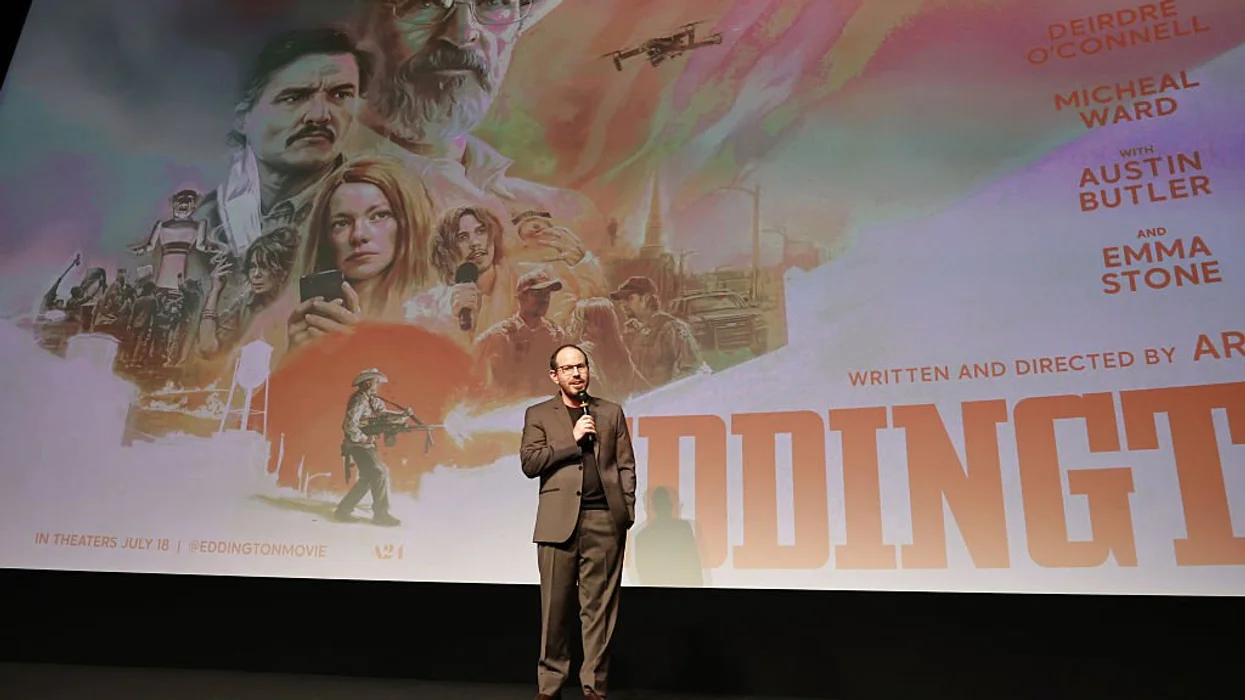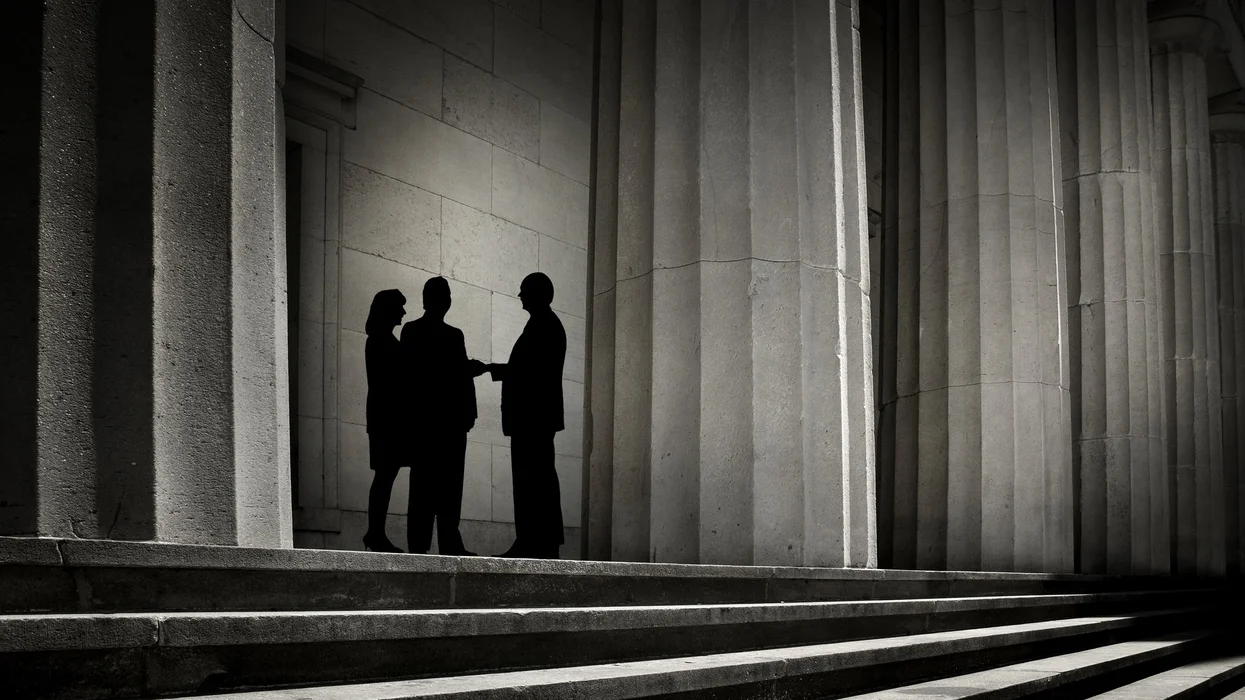
© 2025 Blaze Media LLC. All rights reserved.
Emails Released: Congress Was Asking for Updates on IG's IRS Audit Before 2012 Election
May 23, 2013
Holding off for election?
Members of the House Oversight committee were promised in 2012 that they'd be provided with updates on the inspector general’s audit of the Internal Revenue Service, a promise that was apparently broken.
The following letter -- which came out this weekend -- shows that J. Russell George, the inspector general who uncovered the scandal, most definitely agreed to provide committee chairman Rep. Darrell Issa (R-Cali.) with details of the IRS audit:
Obviously, this didn’t happen. Congress only became aware of the details of the the IG's report after the presidential election.
And it's not as if the Oversight committee didn't try to learn more about the IG audit.
The following emails -- released late Wednesday -- show that the Oversight committee in 2012 repeatedly asked for updates on the audit, but didn't receive them:
Rep. Issa on Wednesday brought up these emails and questioned George about why he didn't keep Congress informed of the audit's findings. The IG excused his keeping Congress in the dark, but he did not dispute the congressman's timeline:
Was the report withheld because it wasn’t ready? Was it withheld so that it wouldn't sway the presidential election?
We can speculate all day long as to why the IG didn't release the audit on schedule. But what is beyond speculation, according to committee chairman Darrell Issa (R-Calif.), is that the IG should have kept Oversight members updated about the report’s findings. From POLITICO:
Issa is referring to part of the Inspector General Act that requires watchdogs to report serious problems to Congress through the head of an agency within seven days. It’s known as the “seven-day rule” — but it’s often used sparingly.The Oversight Committee asked the inspector general about conservative group targeting a number of times, and Issa read some of the emails in the hearing Wednesday.
George also raised concerns that incremental information provided to lawmakers would ultimately leak to the public.
“That is not fair to the people we are investigating,” George said.
Issa responded that the White House is the source of plenty of leaks as well.
True, Rep. Issa said last year that he knew the basics of the report. But as Hot Air notes, "it’s one thing to think you know based on a leak and another for the IG to confirm it with an update."
Furthermore, it's important to note that the IG kept details of its delayed report a secret even after the IRS had conducted its own internal investigation and found that its targeting of conservative groups was "inappropriate" (that report was also hidden from Congress).
“Just yesterday the committee interviewed Holly Paz, the director of exempt organizations, rulings and agreements, division of the IRS,” Congressman Issa said Wednesday.
“While a tremendous amount of attention is centered about the Inspector General’s report, or investigation, the committee has learned from Ms. Paz that she in fact participated in an IRS internal investigation that concluded in May of 2012 – May 3 of 2012 – and found essentially the same thing that Mr. George found more than a year later,” he added:
“Think about it,” the congressman continued. “For more than a year, the IRS knew that it had inappropriately targeted groups of Americans based on their political beliefs, and without mentioning it, and in fact without honestly answering questions that were the result of this internal investigation.”
So why didn’t the IG keep Congress informed? As of this writing, it's not entirely clear. Here, this excerpt from Hot Air sums up where things stand right now:
The media starts picking up reports of tea-party complaints in February 2012, and soon thereafter the director of the exempt organizations puts a halt to IRS demands for more intrusive info from conservative groups. Three months later, in May, they hold a “workshop” providing guidance on tax-exempt groups to its analysts and approv more neutral criteria for scrutinizing applications.That’s probably why Issa’s committee had an inkling at the time — because the IRS itself already knew it had done wrong and was moving to undo it to some extent. And yet no one, including the IG, felt moved to confirm for the committee until this month that yes, “mistakes were made” and it was now safe to tell the public that.
--
Follow Becket Adams (@BecketAdams) on Twitter
Featured image courtesy AFP.
Want to leave a tip?
We answer to you. Help keep our content free of advertisers and big tech censorship by leaving a tip today.
Want to join the conversation?
Already a subscriber?
more stories
Sign up for the Blaze newsletter
By signing up, you agree to our Privacy Policy and Terms of Use, and agree to receive content that may sometimes include advertisements. You may opt out at any time.
Related Content
© 2025 Blaze Media LLC. All rights reserved.
Get the stories that matter most delivered directly to your inbox.
By signing up, you agree to our Privacy Policy and Terms of Use, and agree to receive content that may sometimes include advertisements. You may opt out at any time.





